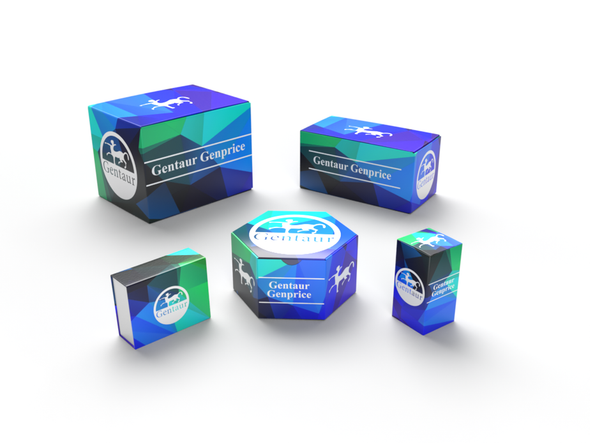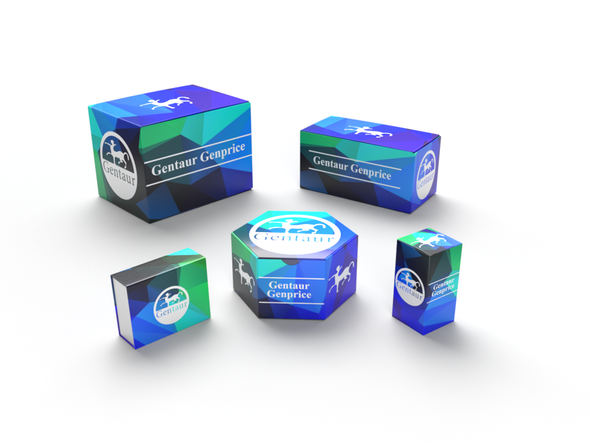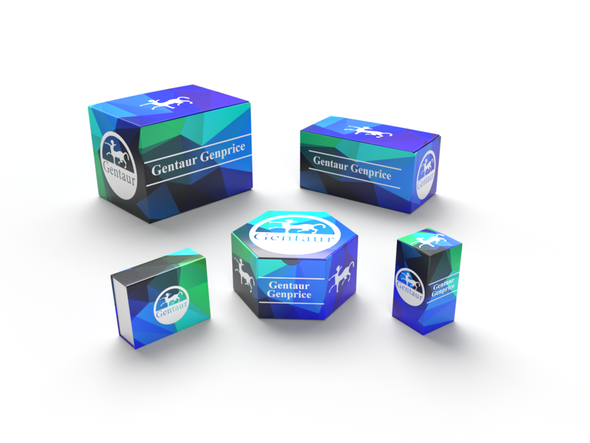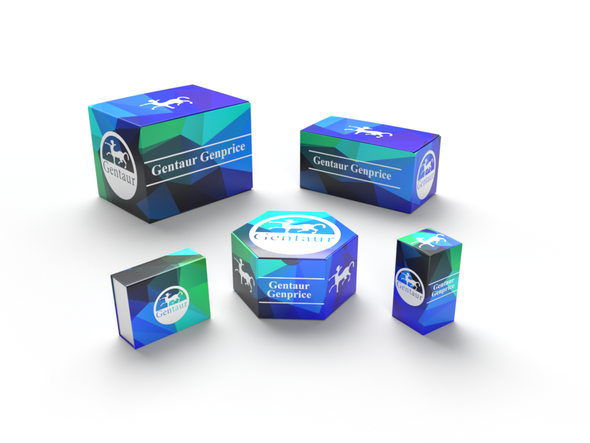749
Caspase-8 Monoclonal Antibody | ABM0053
- SKU:
- 749-ABM0053
- Availability:
- Usually ships in 5 working days
Description
Caspase-8 Monoclonal Antibody | ABM0053 | Gentaur UK, US & Europe Distribution
Immunogen: Recombinant Protein
Product Category: Protein
Application: Protein General Reagents
Product Type: Selected Primary Antibodies
Host: Mouse
Reactivity: Human, Mouse, Rat
Application: WB, IF, IHC-P
Application Note: Optimal working dilutions should be determined experimentally by the investigator. Suggested starting dilutions are as follows: WB (1:1000-1:2000), IF (1:100-1:200), IHC-P (1:200-1:500) .
Clonality: Monoclonal
Isotype: Mouse IgG1
Formulation: Liquid solution
Kit Component: N/A
Concentration: 1 mg/ml
Storage Buffer: PBS, pH 7.4, containing 0.02% Sodium Azide as preservative and 50% Glycerol.
Storage Instructions: Stable for one year at -20°C from date of shipment. For maximum recovery of product, centrifuge the original vial after thawing and prior to removing the cap. Aliquot to avoid repeated freezing and thawing.
Shipping Condition: Gel pack with blue ice.
Background: CASP8 (caspase 8) encodes a member of the cysteine-aspartic acid protease (caspase) family. Sequential activation of caspases plays a central role in the execution-phase of cell apoptosis. Caspases exist as inactive proenzymes composed of a prodomain, a large protease subunit, and a small protease subunit. Activation of caspases requires proteolytic processing at conserved internal aspartic residues to generate a heterodimeric enzyme consisting of the large and small subunits. This protein is involved in the programmed cell death induced by Fas and various apoptotic stimuli. The N-terminal FADD-like death effector domain of this protein suggests that it may interact with Fas-interacting protein FADD. This protein was detected in the insoluble fraction of the affected brain region from Huntington disease patients but not in those from normal controls, which implicated the role in neurodegenerative diseases. Many alternatively spliced transcript variants encoding different isoforms have been described, although not all variants have had their full-length sequences determined.
Alternative Names: N/A
Precaution: The product listed herein is for research use only and is not intended for use in human or clinical diagnosis. Suggested applications of our products are not recommendations to use our products in violation of any patent or as a license. We cannot be responsible for patent infringements or other violations that may occur with the use of this product.










